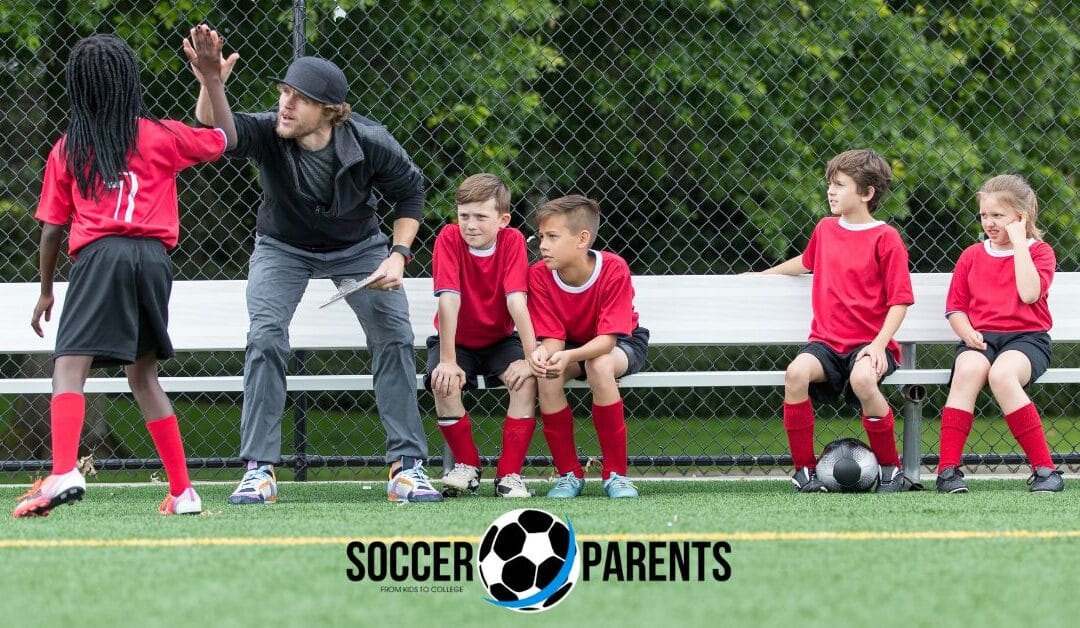Introduction:
Youth soccer is a vital platform for young players to develop their skills, build teamwork, and instill a love for the beautiful game. One of the fundamental aspects that must be considered in youth soccer is the philosophy surrounding playing time. In this article, we will explore the importance of playing time, the benefits it brings to young athletes, and the philosophies that guide equitable distribution of playing time among youth soccer players.
1. The Importance of Playing Time in Youth Soccer:
Playing time is a crucial element in the development of young soccer players. It provides them with valuable opportunities to apply their skills in a competitive environment, learn from their mistakes, and gain confidence. Additionally, playing time fosters a sense of belonging within the team, encourages perseverance, and nurtures a passion for the sport. Every player, regardless of their ability, should have the chance to experience the joy and challenges of being on the field.
2. Balancing Competition and Development:
Finding the right balance between competition and player development is a key consideration when determining playing time. While winning is important, youth soccer should primarily focus on individual growth. Coaches and parents must create an environment where player development is prioritized over immediate results. By providing equal opportunities and diverse experiences to players, regardless of their skill level, youth soccer programs can help unlock the potential of every participant.
3. Embracing a Growth Mindset:
The philosophy of playing time should align with the principles of a growth mindset. Encouraging players to embrace challenges, learn from failures, and set personal goals cultivates a mindset centered on improvement rather than comparing themselves to others. Coaches play a vital role in fostering a growth mindset by emphasizing effort, hard work, and a willingness to learn over short-term outcomes.
4. Skill-Based Playing Time Allocation:
One common approach to playing time allocation is based on skill levels. Dividing players into groups according to their abilities can be beneficial, as it allows for tailored training and ensures a more competitive experience for all participants. Skill-based playing time allocation also provides opportunities for less experienced players to face challenges at an appropriate level, while more advanced players can be challenged to reach their full potential.
5. Rotational System and Fairness:
Another widely embraced philosophy is the rotational system, where every player receives an equal amount of playing time over the course of a season. This approach promotes fairness and inclusion, giving all players an opportunity to contribute to the team’s success. The rotational system encourages camaraderie, eliminates favoritism, and ensures that no player feels marginalized or left behind.
6. Individual Considerations:
While equal playing time can be a valuable principle, it is essential to consider individual circumstances and needs. Coaches should assess each player’s commitment, attitude, and progress during practices and games. Players who consistently demonstrate dedication, improvement, and a positive attitude might deserve additional playing time as a form of recognition and motivation.
7. Communication and Parental Involvement:
Effective communication between coaches, players, and parents is crucial in implementing a fair playing time philosophy. Coaches should establish clear expectations, explain the rationale behind playing time decisions, and provide feedback to players and parents alike. Open lines of communication foster understanding, reduce misunderstandings, and allow for constructive dialogue regarding player development and progression.
Conclusion:
The philosophy surrounding playing time in youth soccer is essential for nurturing growth, development, and fairness. By prioritizing individual improvement, embracing a growth mindset, and adopting fair allocation strategies, youth soccer programs can create an inclusive environment that benefits all participants. Regardless of the specific approach chosen, the primary goal should always be to provide young players with opportunities to grow, learn, and flourish both on and off the field.

